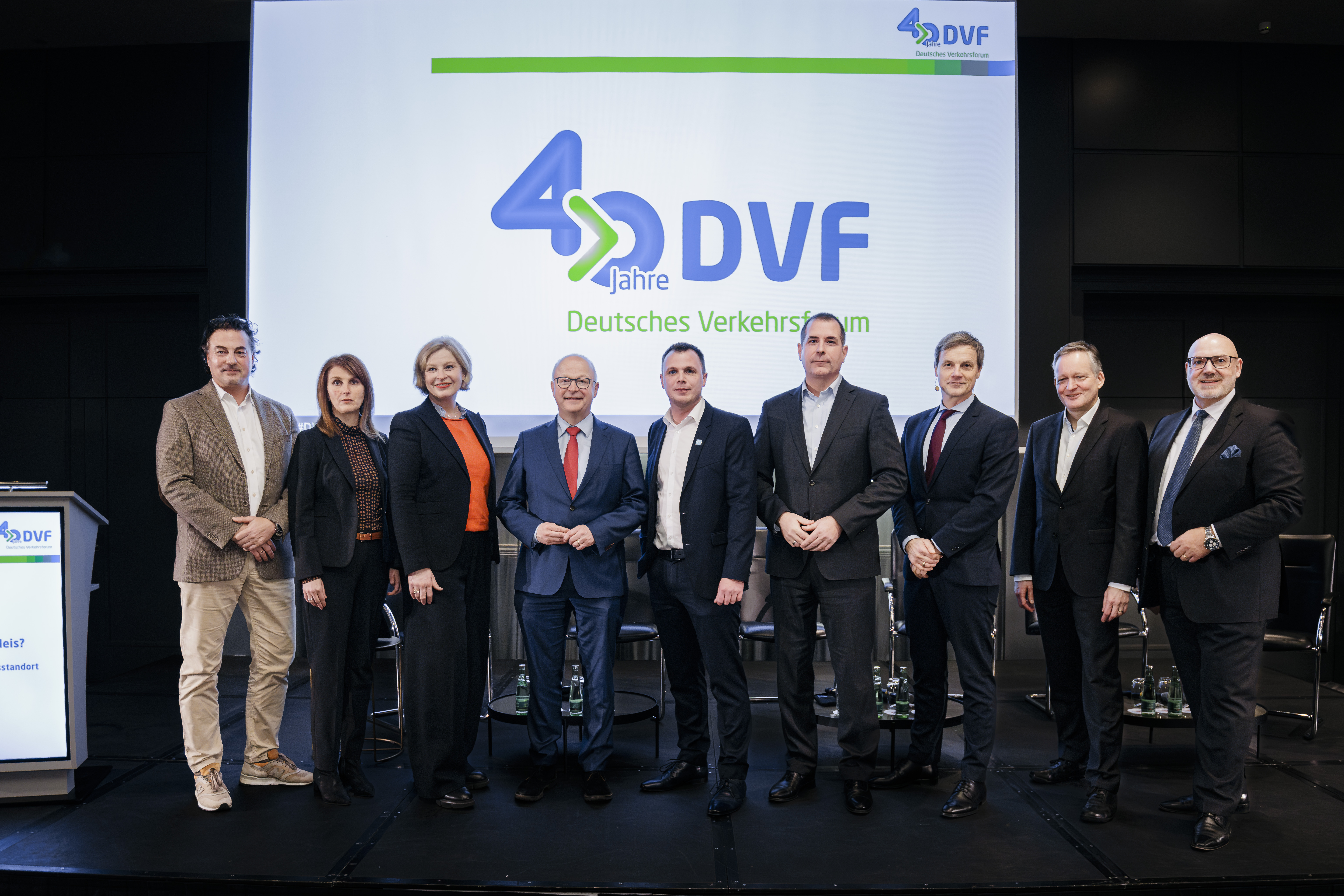Creating a fair framework in global competition
In order to remain competitive, companies need general conditions that support production in the European Economic Area. “In order for us to be able to secure value creation in Germany and Europe in the long term, inequalities in global competition must be defused,” explained Kai Mentel in the debate with Isabel Cademartori (transport policy spokesperson of the SPD parliamentary group), Gitta Connemann (Federal Chairwoman of the Medium-sized business and Economic Union) and Jörg Zwilling (Director Global Communications & Business Development, Quantron AG).
What is needed is a clear German and European strategy for the business location, emphasized Kai Mentel. This is because medium-sized companies such as HÜBNER are in competition with producers from other regions of the world who benefit from more favorable conditions – especially through lower energy prices.
Contracts should not be awarded alone on the basis of price
Politicians place high demands on labor and environmental standards of local companies. When it comes to awarding contracts, however, the price is usually the only deciding factor, Kai Mentel complained. Compared to European companies this favors suppliers from countries that do not have these standards.
In principle, the dismantling of trade barriers is to be supported. However, when awarding contracts in Europe, instruments are needed that, for example, take into account short delivery routes through the pricing of climate-damaging carbon dioxide during transport. In this way, value creation in Europe can be effectively strengthened.
Other economic areas with “local content” regulations
“Economic regions such as the USA or China have far fewer inhibitions about favoring their own economic areas with ‘local content’ regulations. In Europe, on the other hand, there is a lack of localization requirements, which could ensure more equality of opportunity in tenders,” said Kai Mentel.
Michael Theurer (Parliamentary State Secretary to the Federal Minister for Digital and Transport and Commissioner for Rail of the Federal Government), DVF Chairman Prof. Dr.-Ing. Raimund Klinkner, Jure Mikolčić (CEO at Stadler Rail Deutschland) and Doreen Paesold-Runge (Managing Director of WP Holding GmbH) also spoke at the DVF’s annual kick-off event.
Hardly any investments possible without planning security
Regarding government measures to reduce electricity prices, Kai Mentel criticized the fact that they do not yet offer sufficient planning security. In addition, bureaucratic requirements inhibit companies from investing in innovations, which are necessary to implement the mobility turnaround. Often it is about supposedly small things such as documentation obligations. But all in all, this leads to a corresponding cost burden for companies and blocked capacities.
Positive prospects for mobility markets
The prospect that further growth in the mobility markets is to be expected gives cause for optimism, said Kai Mentel. This is one of the reasons why he trusts in the ability and will of politicians to develop solutions that strengthen Germany and Europe as a business location.
For more information on the annual kick-off event of the German Transport Forum, please visit: https://www.verkehrsforum.de/de/presse/pressemitteilungen/2024-01-16-klinkner-fordert-vom-bund-mut-fuer-eine-fondsfinanzierung-von-verkehrsprojekten


